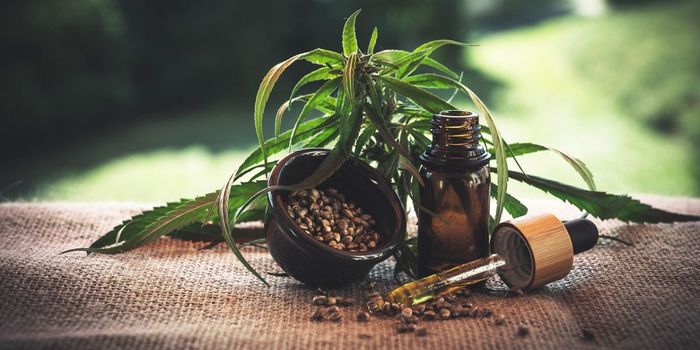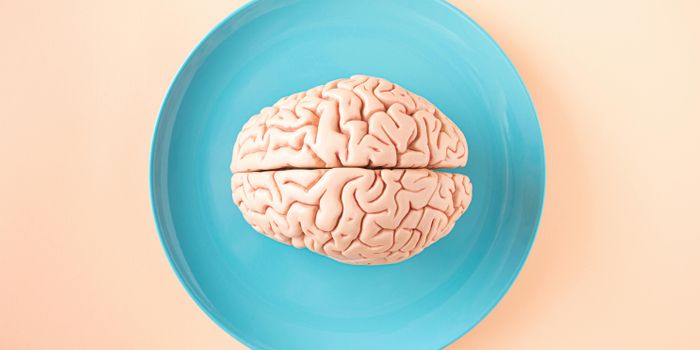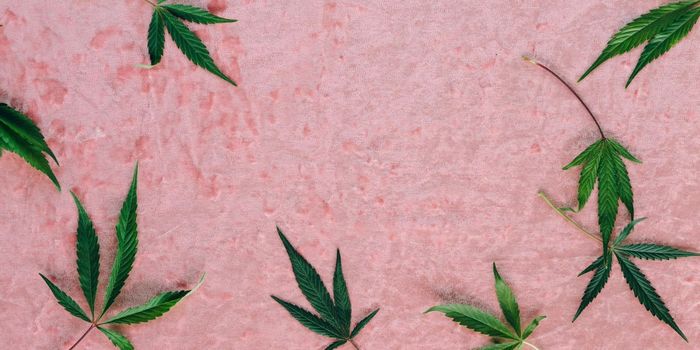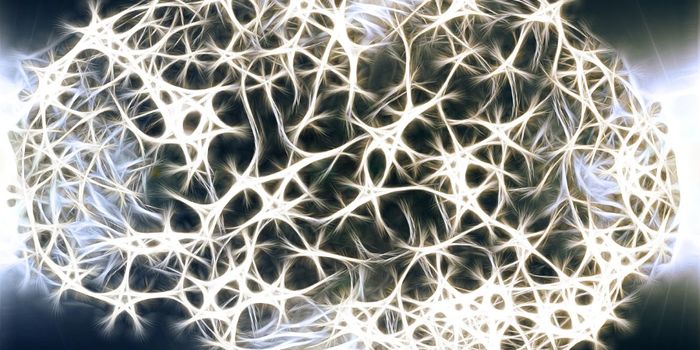Energy drinks like Red Bull and mini shots like Five Hour Energy are attractive to teenagers. They promise a quick pick me up, increased energy and performance in sports and are marketed heavily to teens on social media, television and magazines. While kids might love them, many doctors, nutrition experts and scientists have issued warnings about the ingredients and the effects they have on young people.
A study published in 2014 reported a high correlation between consumption of energy drinks by teenagers and drug use. While the study did not find evidence of a causal relationship between drug use and energy drinks, the report did indicate that teens who drank energy drinks were three times more likely to use alcohol, marijuana and amphetamines.
Another study on teenagers and energy drinks was published recently and the news is still not good. A study by Canadian researchers used data collected by the Centre for Addiction and Mental Health (CAMH)’s 2013 Ontario Student Drug Use and Health Survey (OSDUHS)?. This survey included close to 10,000 students between the ages of 11 and 20 and linked the use of energy drinks to Traumatic brain injuries (TBI) The students answered questions on their home life, family size, drug use, health and injury history and energy drink usage as well as other demographic information. For the purposes of the study a TBI was defined as a head injury resulting in loss of consciousness for at least five minutes and a hospital stay of at least one overnight.
When the numbers were totaled up the students who had experienced a traumatic brain injury were seven times more likely to have had at least five energy drinks in the week preceeding the survey. The risks did not stop at just energy drinks either. The kids who reported suffering a TBI in the year before the survey was completed were twice as likely to have ingested an energy drink mixed with alcohol than those students whose TBI had occurred more than a year before the survey.
Dr. Michael Cusimano, who was one of the authors of the study and practices neurosurgery at St. Michael’s Hospital in Toronto
said in a press release, “We’ve found a link between increased brain injuries and the consumption of energy drinks or energy drinks mixed with alcohol. This is significant because energy drinks have previously been associated with general injuries, but not specifically with TBI. Energy drinks, such as Red Bull and Rockstar, contain high levels of caffeine and change the chemical state of the body, which can prevent people from getting back on track after a TBI. Brain injuries among adolescents are particularly concerning because their brains are still developing.”
Another of the study authors, Gabriela Ilie, from the Neurosurgery and Injury Prevention Office at St. Michael’s
told TIME magazine ‘“Mix [the energy drinks] with alcohol and suddenly the effects of energy drinks alone pale in comparison to the physical and emotional risks posed by this mixture to a developing brain. Let us keep in mind that our brain doesn’t stop developing until mid-20s or even early 30s.”
The study was published September 16, 2015 in the journal PLOS One. Funding was provided by a Team Grant from Canadian Institutes of Health Research along with funds from the Ontario Neurotrauma Foundation, AUTO21 and the Ontario Ministry of Health and Long-Term Care.
Check out the video below to learn more about the study.










